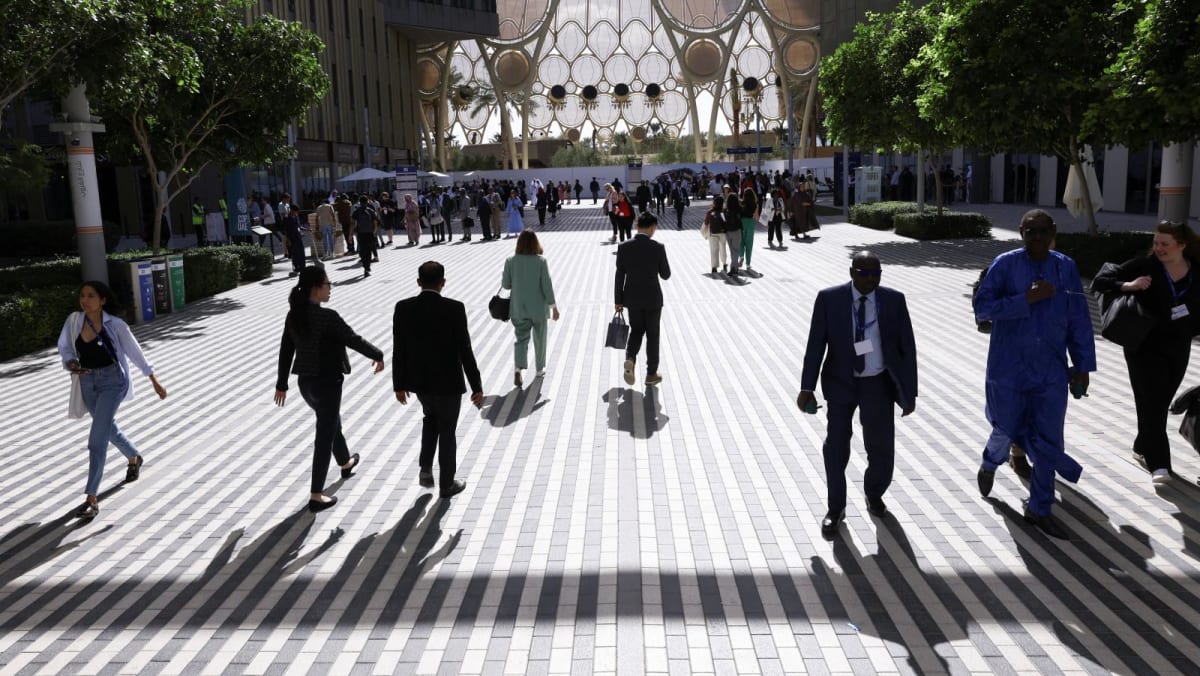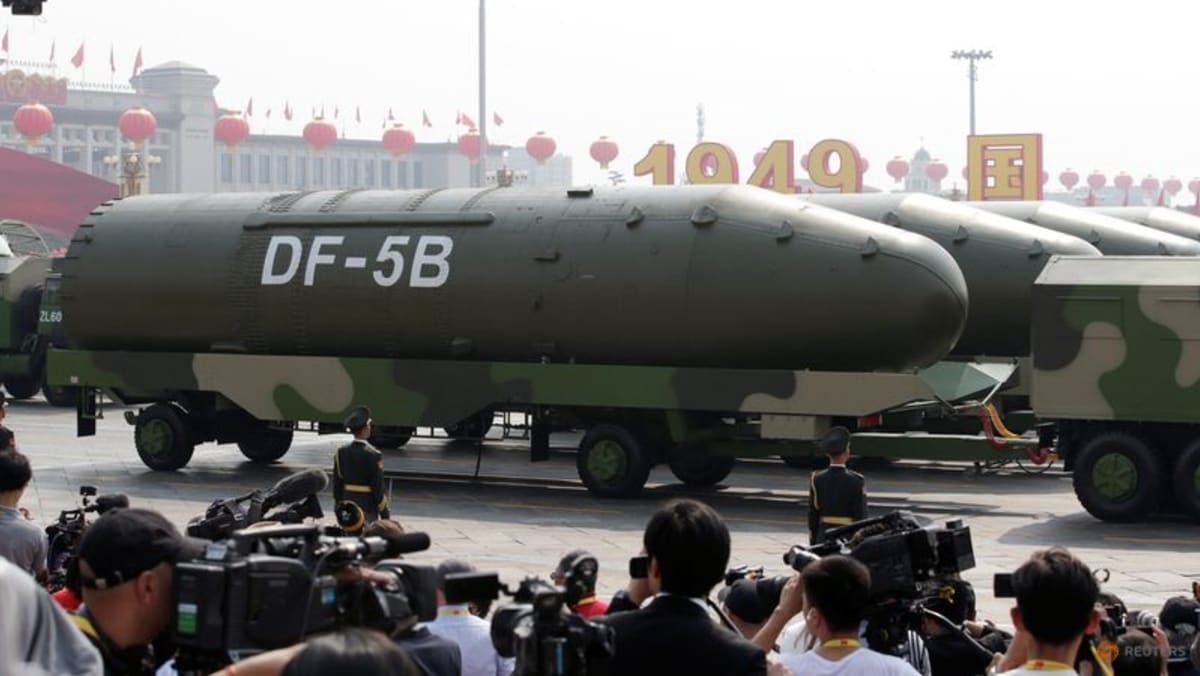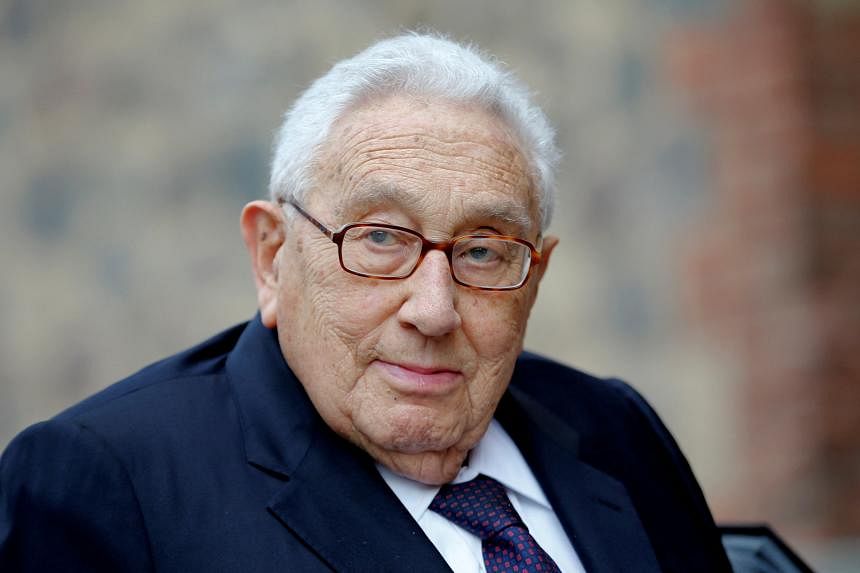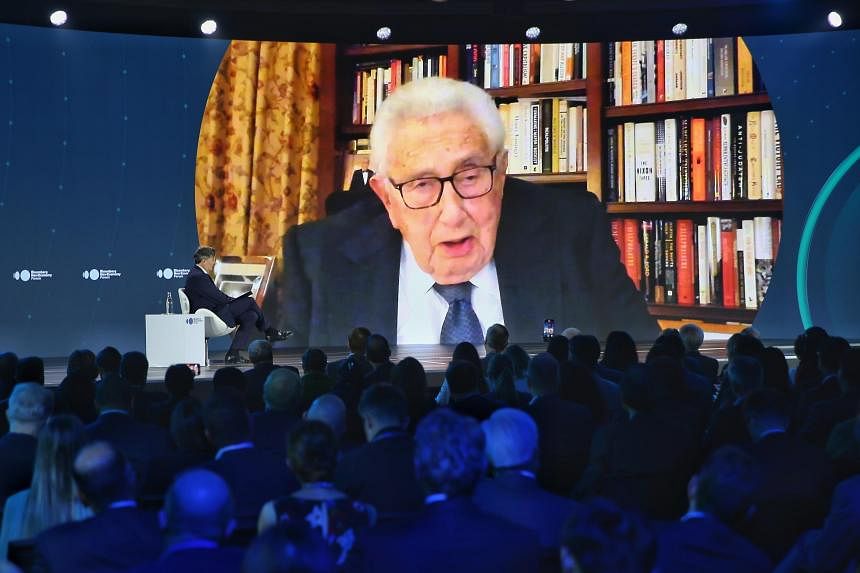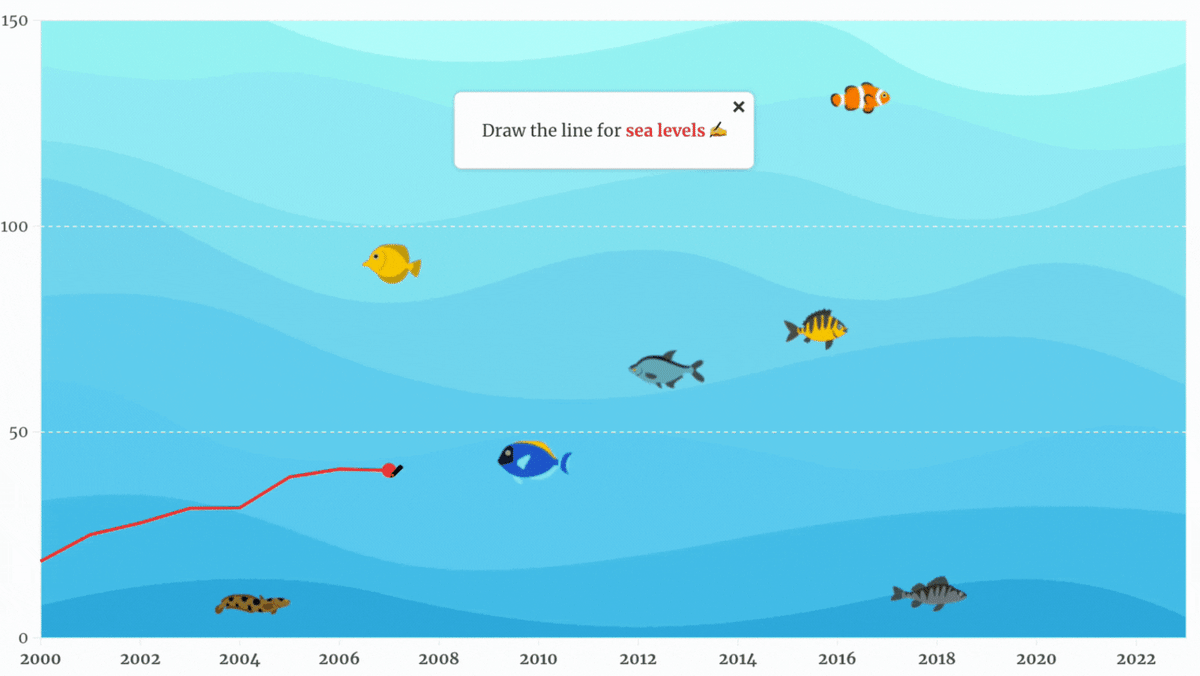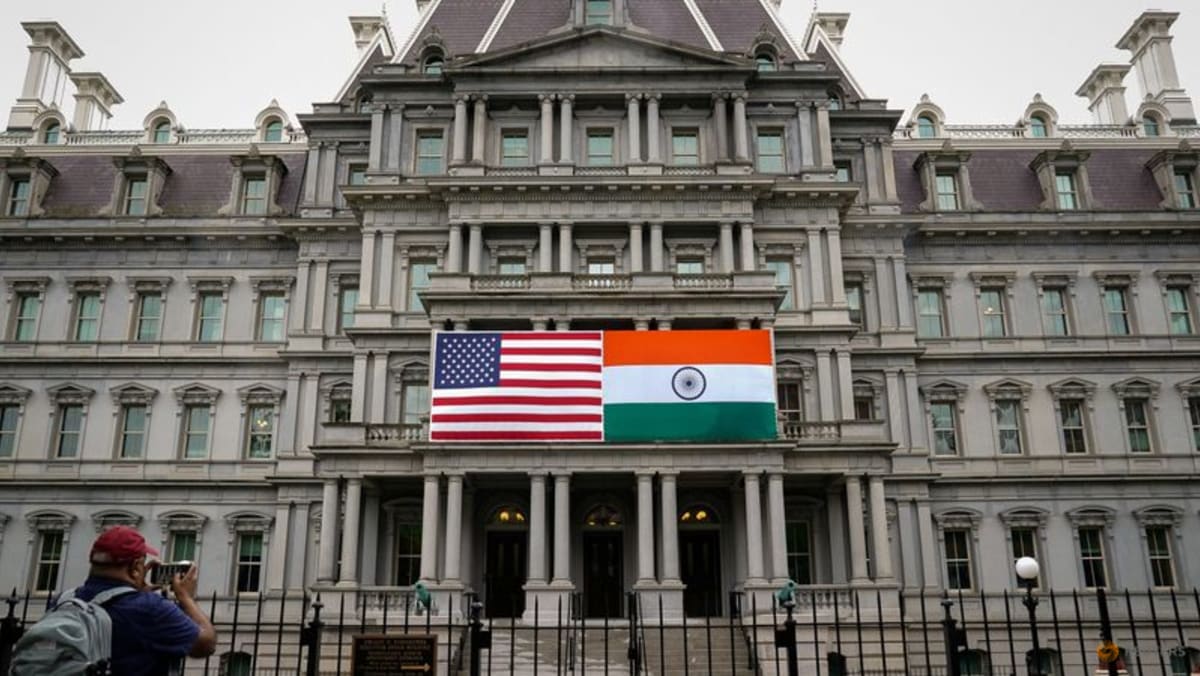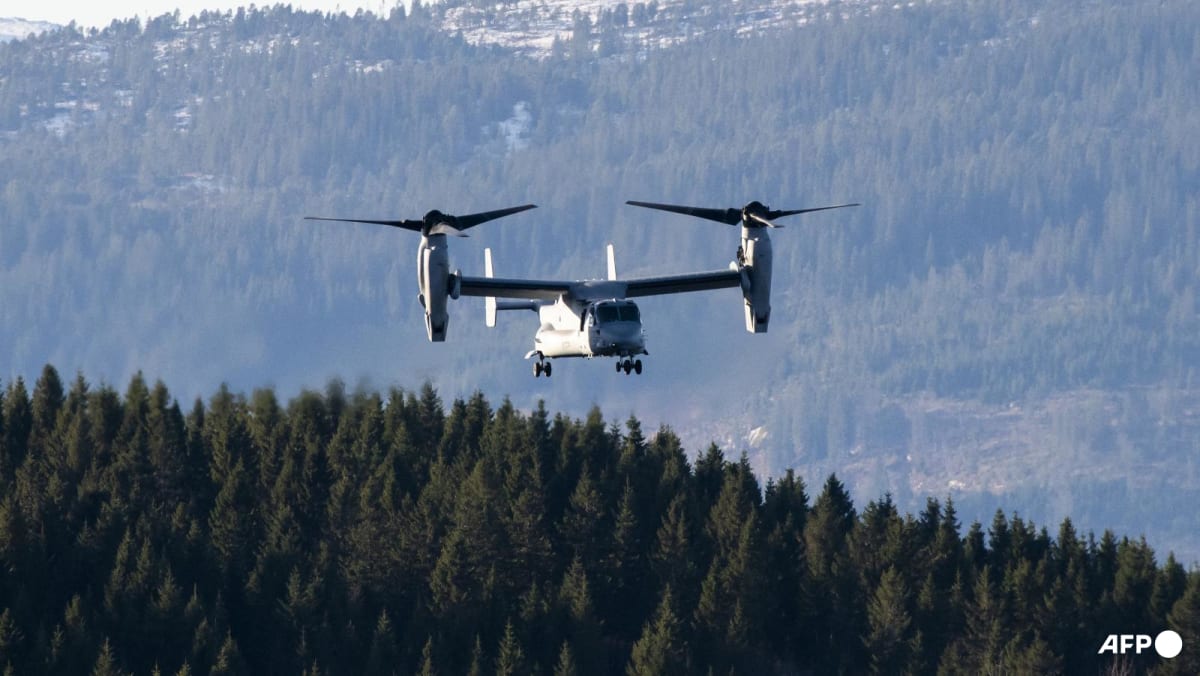WASHINGTON - Dr Henry Kissinger, the much-feted practitioner of unsentimental realpolitik who died in his home in Connecticut on Nov 29 at age 100, was different things to different people. To some, he was one of the great statesmen of the 20th century; to others, a modern Machiavelli; to admirers, an unsentimental realist; but to detractors, a war criminal.
Though his influence was greatest during the Cold War years of the 1970s, we live today in a world he helped to create, and to which he left a complex, deeply contradictory and conflicted legacy.
Henry Alfred Kissinger was born in 1923 in Furth, Germany, to middle-class parents. In 1938, the family fled their native country’s discrimination and anti-Semitism to settle in New York City.
He would rise in his adopted country to become National Security Adviser, Secretary of State, and thereafter eminence grise to a series of American presidents.
Shortly after the young Kissinger became a naturalised citizen, he was drafted into the United States Army and served as an intelligence officer in Europe in the war. On his return, he embarked on a distinguished academic career, receiving a bachelor’s degree from Harvard University in 1950, then his master’s degree in 1952 and PhD in 1954 from the same university.
Dr Kissinger was appointed by President Richard Nixon to be his National Security Adviser in 1968, a post he held until 1975. In addition, he was also the 56th Secretary of State of the US from 1973 to 1977. After he left the government, he founded Kissinger Associates, an international consulting firm.
To say Dr Kissinger loomed large over the world through the 1970s in particular would be an understatement.
Impact on Asia
In 1971, Dr Kissinger and President Nixon sent the nuclear-powered aircraft carrier USS Enterprise to the Bay of Bengal, ostensibly to help evacuate Western nationals from the war zone in the third Indo-Pakistan war. But really, it was a show of force to dissuade India’s Prime Minister Indira Gandhi from moving against West Pakistan.
The Indian army was already deep inside East Pakistan, liberating it from the genocide of the Pakistani army, which was crushing a Bengali nationalist movement in the eastern half of the country. Deaths in the conflict are estimated to have been upwards of 1.5 million; up to 10 million refugees fled to neighbouring India, with the city of Calcutta – now Kolkata – awash with emaciated refugees. The events were increasing pressure on Mrs Gandhi to act.
The US, however, backed West Pakistan. Mrs Gandhi turned to the Soviet Union to checkmate President Nixon with her August 1971 Friendship Treaty with Moscow, infuriating the duo in the White House.
But the US had its own reasons for its actions. Pakistan’s military dictator Yahya Khan was orchestrating Dr Kissinger’s historic 1971 trip to China – a trip that was to lay the ground for President Nixon’s visit to China in 1972. The US had had no diplomatic relations with China for more than two decades.
The US support for then West Pakistan during the war located in what became Bangladesh today is too often forgotten, except of course in Bangladesh.
“Nixon and Kissinger largely failed at sanitising their record on... Vietnam and Cambodia – but on Bangladesh, they proved to be remarkably deft at ducking public judgment,” wrote professor of politics and international affairs Gary J. Bass at Princeton University, in his 2013 book, The Blood Telegram.
Just two years later, when Dr Kissinger became Secretary of State, a Gallup poll found him to be the most admired man in America.
“Far from ending up a pariah, he remains a superstar, glistening as the single most famous and revered American foreign policy practitioner,” Prof Bass wrote.
Dr Kissinger is still held as the guru of Washington’s foreign policy and national security establishment for the way he engineered a Sino-Soviet split, bringing China, under its pragmatic leaders Zhou Enlai and Deng Xiaoping, into the international community. It paved the way for the US’ eventual recognition on Jan 1, 1979, of the People’s Republic as the sole legitimate government of China.
Former top Singapore diplomat Kishore Mahbubani, currently a Distinguished Fellow at the Asia Research Institute of the National University of Singapore, has argued that the trip planted seeds which, with the help of personal relationships, ensured that the relationship between China and the US endured crises. The development was good for the region because as long as the US and China sustained a relatively harmonious relationship, Asean was not divided by their rivalry.
Adblock test (Why?)
https://news.google.com/rss/articles/CBMigwFodHRwczovL3d3dy5zdHJhaXRzdGltZXMuY29tL3dvcmxkL3VuaXRlZC1zdGF0ZXMvZ3JlYXQtc3RhdGVzbWFuLW1vZGVybi1tYWNoaWF2ZWxsaS1oZW5yeS1raXNzaW5nZXItcy1jb21wbGV4LWFuZC1jb25mbGljdGVkLWxlZ2FjedIBAA?oc=5
2023-11-30 02:30:00Z
CBMigwFodHRwczovL3d3dy5zdHJhaXRzdGltZXMuY29tL3dvcmxkL3VuaXRlZC1zdGF0ZXMvZ3JlYXQtc3RhdGVzbWFuLW1vZGVybi1tYWNoaWF2ZWxsaS1oZW5yeS1raXNzaW5nZXItcy1jb21wbGV4LWFuZC1jb25mbGljdGVkLWxlZ2FjedIBAA
